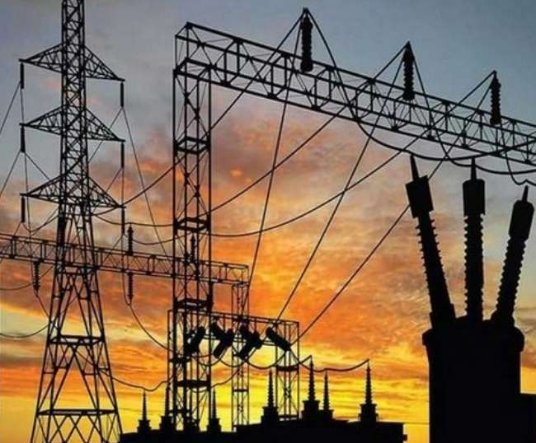Many states of the country are in the grip of severe heat. Due to this the demand for electricity has increased significantly. Not only this, there is also a crisis of coal in many power generating plants. So the problem has deepened. Many states are facing power cuts.
Jagran Bureau, New Delhi. The demand for electricity is reaching record levels on the one hand due to intensifying industrial activity and record breaking heat in most parts of the country on the other. In such a situation, due to the shortage of coal, despite the best efforts of thermal power plants, the gap between demand and supply of electricity is increasing. The power demand in the country crossed a record 2.07 lakh MW on April 29, as compared to 2.01 lakh MW two days ago. For the first time in four decades, the demand for electricity has increased this much.
Power cut in 16 states
Power cuts are reported from at least 16 states due to short supply. In states like Andhra Pradesh, Telangana, Tamil Nadu, Uttar Pradesh, Rajasthan, Punjab, Gujarat, the power supply is less than the demand by 500 to 1,500 MW.
States’ apathy is also responsible
Politics has also heated up due to shortage of coal. Efforts are on to surround the Center for the power crisis from non-BJP ruled states- Punjab, Rajasthan, Andhra Pradesh, Telangana, Maharashtra, Jharkhand. The Center says that the major reason behind the coal crisis is non-transaction of coal by the state power plants and non-payment of dues of Coal India on time. Coal India, the country’s largest coal producing company, says that all the states combined owe Rs 15,600 crore.
Considering many measures to overcome the crisis
The central government is contemplating to reduce the current ceiling of electricity price at the power exchange to Rs 12 per unit. States have been asked to mix imported coal up to 10 percent to reduce the price, but the states are sitting on their hands.
Center accused of not giving coal
Rajasthan Chief Minister Ashok Gehlot has said that the power supply in the state is 4,000 MW less than the demand. For this, he has blamed the Center and said that the Center is not able to provide enough coal. The Andhra Pradesh government has also said that due to not getting enough coal from the Center, a gap of 1.50 crore units has been created between the demand and supply of electricity.
Haryana asked for additional power
Haryana Chief Minister Manohar Lal has demanded an additional 500 MW power supply from Union Power Minister RK Singh for the next fortnight. Singh has assured adequate power supply. Haryana has also proposed to buy any distressed power plant for power security.
Electricity demand reached record level
Meanwhile, according to the report of news agency PTI, the demand for electricity at the all-India level also reached a record level on Friday amid the scorching heat. The Ministry of Power tweeted that the all-India demand for electricity reached 2,07,111 MW by 14:50 pm on Friday. This is the highest level ever. On Thursday, the power demand had touched the level of 2,04,650 MW. This was also a record.
Power plants need 24 lakh tonnes of coal per day
Thermal power plants require 22 to 24 lakh tonnes of coal per day to generate sufficient power, while only 17 lakh tonnes of coal is being supplied by Coal India.
27.2 percent increase in coal production
According to sources, the shortage of coal may be being blamed for the power crisis, but the truth is that there is no shortage of coal in the country. Coal producing companies currently have coal reserves of 63.30 million tonnes. Apart from this, 66 lakh tonnes of coal is available in ports, vassaries and sheds. Compared to last year, 27.2 percent more coal has been produced in April this year. Coal India has proposed to provide 57.5 lakh tonnes of coal to the states and power generation companies. Out of this, orders of 53 lakh tonnes are also being booked.
